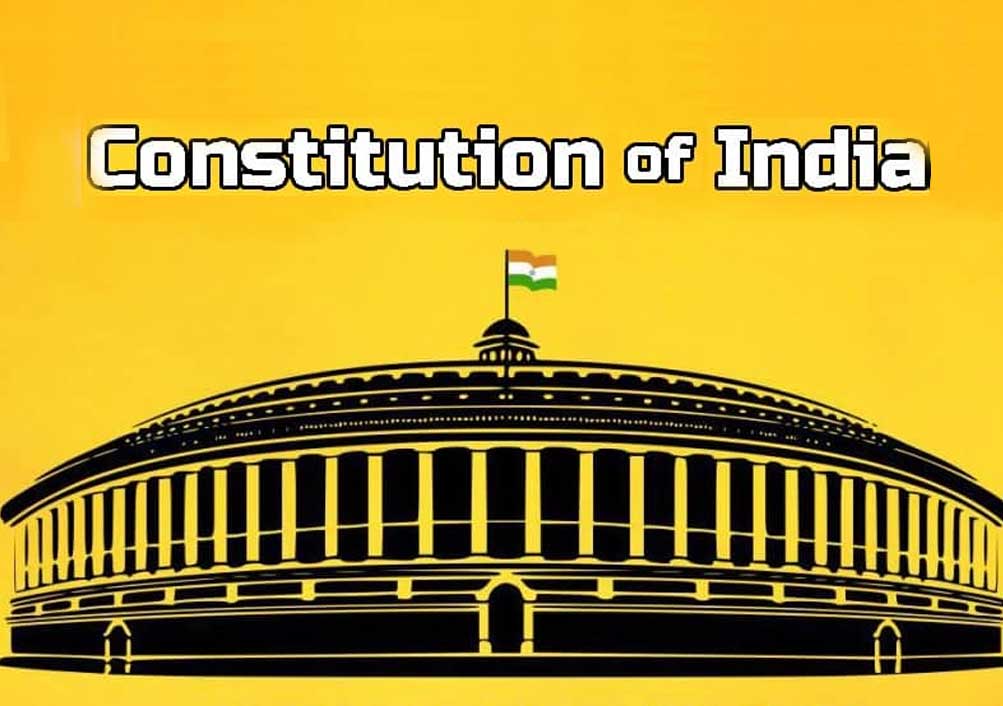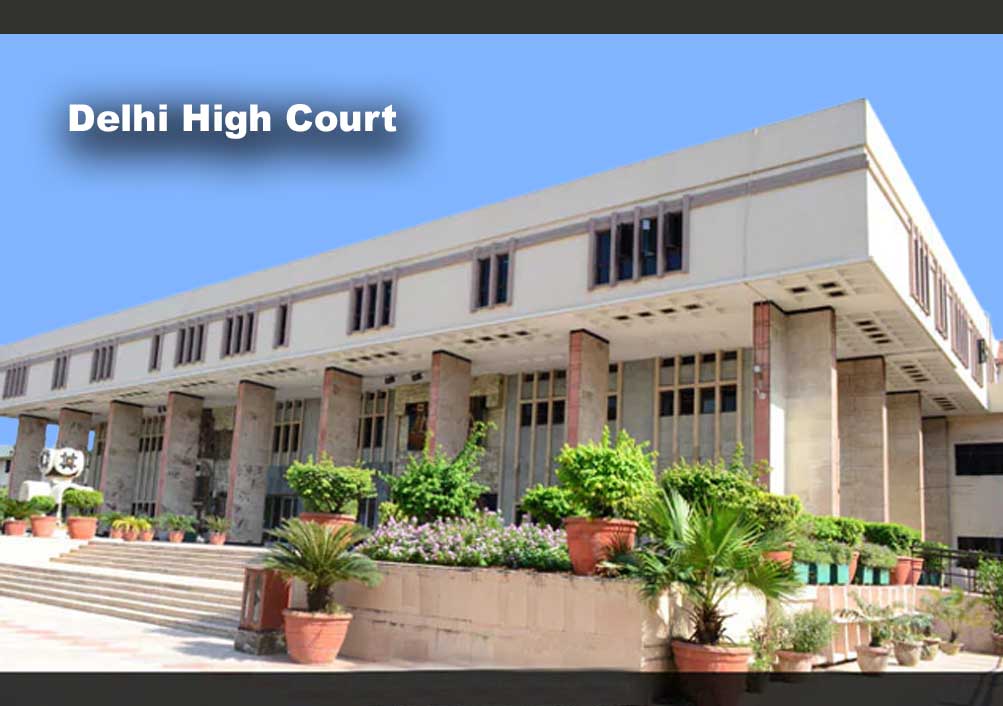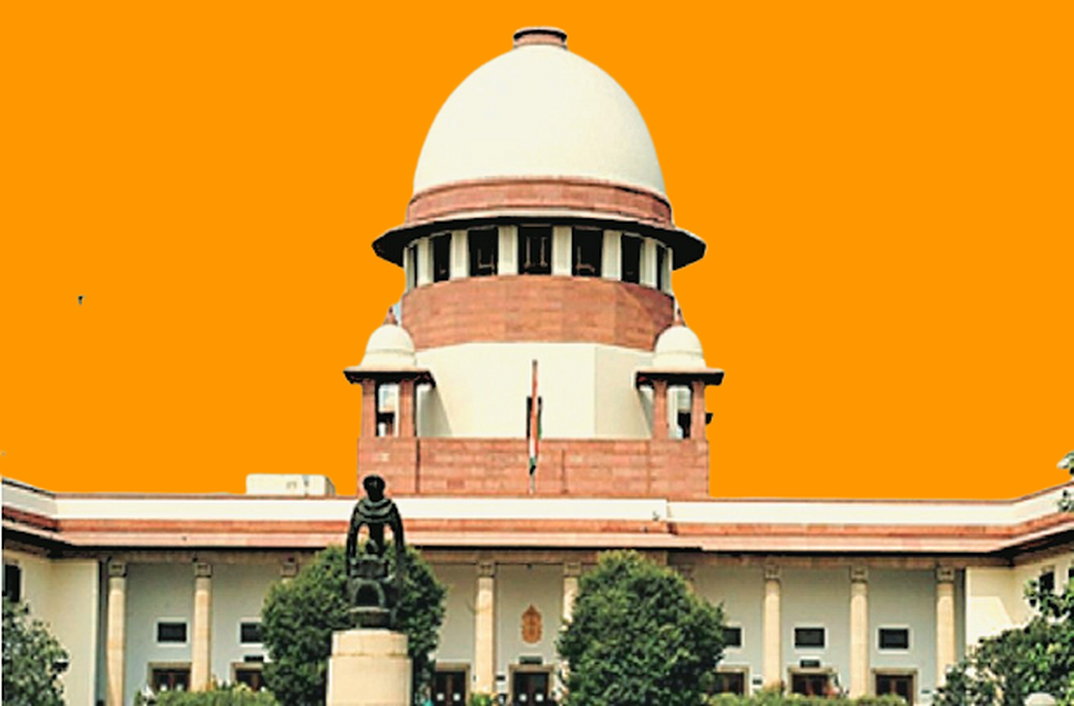Maharashtra Municipal Corporations Rules are mechanism for giving effect to constitutional mandate under Article 243T of providing reservation for backward classes: Apex Court

Read Judgment: Sanjay Ramdas Patil vs. Sanjay & Others
Pankaj Bajpai
New Delhi, September 3, 2021: The Supreme Court has held that the procedure as followed by the State Government in allotting the reservation of backward classes by draw of lots, would not be said to be inconsistent with the scheme of the Maharashtra Municipal Corporations (Reservation of Offices of Mayors) Rules, 2006.
The intent and the dominant purpose of Rule 3 of the said Rules is to provide reservation to Scheduled Castes, Scheduled Tribes, Backward Class of Citizens and Women, added the Court.
Taking into consideration the difference in number of seats for Scheduled Castes and Backward Class of Citizens, a Division Bench of Justice L. Nageswara Rao and Justice B.R. Gavai observed that the dominant intent of the 2006 Rules, is to give effect to the reservation policy while ensuring that reservations are not repeated in particular Corporations and at the same time in all the Corporations, there shall be reservation, at some point of time, for all the eligible categories by rotation.
While interpreting a particular statutory provision, it should not result into making the other provision a “useless lumber” or a “dead letter”, added the Bench.
The observation came in respect of a challenge against the judgment of Bombay High Court, whereby a Notification, dated November 27, 2019 in respect of Dhule Municipal Corporation, by which the Office of Mayor in Dhule Municipal Corporation for the term commencing from June, 2021 was reserved for Backward Class category, came to be set aside.
In addition, the petition also challenged the direction given by the High Court to the State of Maharashtra to reconsider the reservation process for the office of Mayor in Dhule Municipal Corporation.
“If the Rules along with Article 243T of the Constitution and Section 19(1A) of the said Act are read as a whole, then the dominant purpose behind the said Rules appears to be that the reservation as mandated in the Constitution, should be provided for offices of Mayors in the Corporations”, observed the Top Court.
The Court went on to add that while doing so, the reservation has to be provided by a draw of lots. It has to be ensured that at any given point of time, the number of offices of Mayors reserved for such categories should not be less than the number determined in accordance with the provisions of sub-rule (1) of Rule 3 of the said Rules.
The Apex Court observed that the purpose of the Rules appears to ensure that the reservation is not thrust upon a particular Corporation again and again and all the Corporations, at some point of time, will have the office of Mayor reserved for a particular category in accordance with the said Rules.
“Taking into consideration the fact that the number of seats reserved for Scheduled Castes are 3 whereas for Backward Class of Citizens, they are 7 i.e. more than twice, it is quite probable that the post of Mayor could be reserved for two earlier terms for Backward Class of Citizens and whereas no reservation is provided for Scheduled Castes”, noted the Top Court.
While stating that that the combined reading of the said Rules along with the constitutional mandate under Article 243T of the Constitution and Section 19(1A) of the Maharashtra Municipal Corporations Act, 1949, would not permit the interpretation as placed by the High Court, Justice Gavai opined that the provision of a statute must be so construed as to make it effective and operative, on the principle ‘ut res magisvaleatquam pereat’.
Justice Gavai went on to reiterate that if a statute is absolutely vague and its language wholly intractable and absolutely meaningless, the statute could be declared void for vagueness.
This is not in judicial review by testing the law for arbitrariness or unreasonableness under Article 14; but what a court of construction, dealing with the language of a statute, does in order to ascertain from, and accord to, the statute the meaning and purpose which the legislature intended for it, added the Top Court.
The Apex Court therefore set aside the judgment passed by the High Court and concluded that the 2006 Rules are a mechanism for giving effect to the constitutional mandate under Article 243T of the Constitution of providing reservation for Scheduled Castes and Scheduled Tribes and the enabling provision for providing reservation for Backward Class of Citizens in proportion to their population.
Sign up for our weekly newsletter to stay up to date on our product, events featured blog, special offer and all of the exciting things that take place here at Legitquest.




Add a Comment